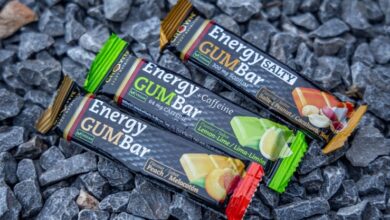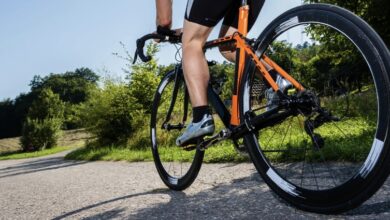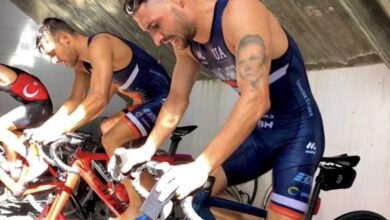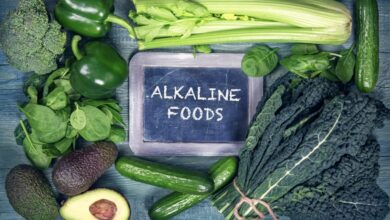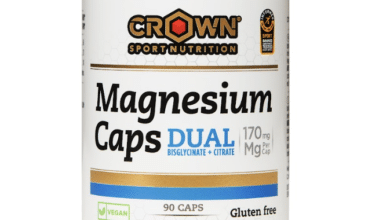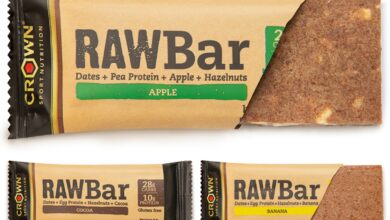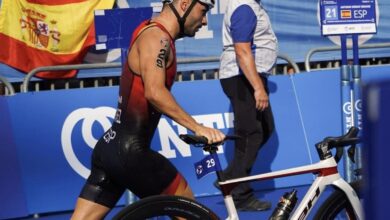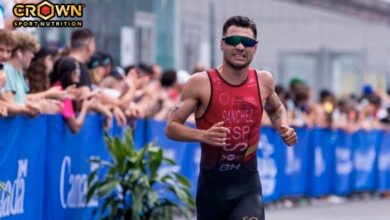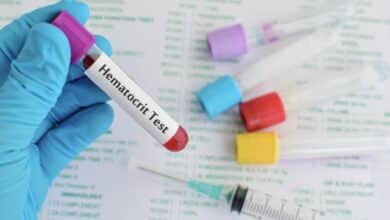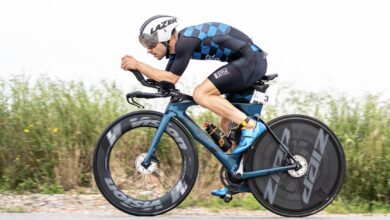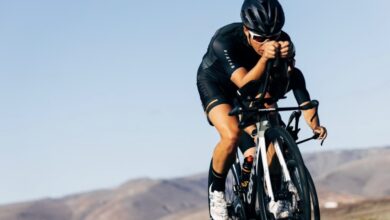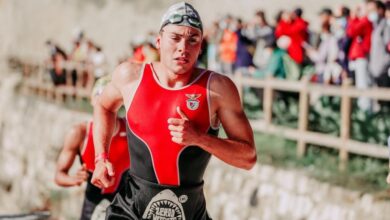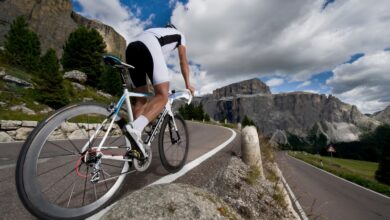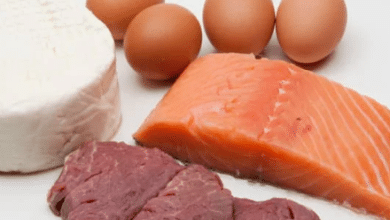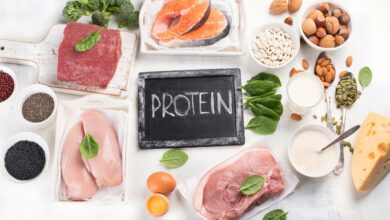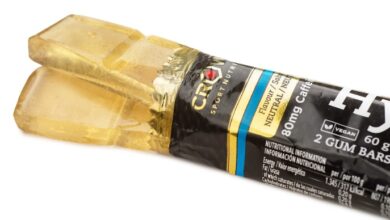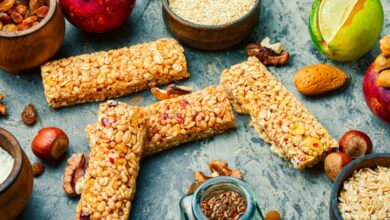Ecotrimad and UCJC show that salts increase performance
The triathletes who added the salt capsules, to replace the losses of electrolytes by sweating during the competition took 26 minutes less to complete the ½ Ironman than the triathletes who only used sports drinks.
A study conducted by the Camilo José Cela University (UCJC) during the edition of Ecotrimad 2013, analyzes the effectiveness of capsules with salt on athletic performance in triathletes.
The Exercise Physiology Laboratory of the Camilo José Cela University has just published in the Scandinavian Journal of Medicine & Science in Sports an investigation carried out during the edition of Ecotrimad, the 8 of June of 2013, on the Effectiveness of capsule shots during the ½ Ironman distance test. A group of triathletes took, in addition to the rehydration drinks they normally use, 12 salt capsules divided into 3 shots during the competition with the aim of replenishing the 71% of the sodium lost through sweat.
Their results were compared to those of another group of triathletes with the same age, experience and best mark in ½ Ironman who only took sports drinks during the triathlon (more capsules filled with a placebo, control group). The group of triathletes who took the salt capsules finished the 26 competition minutes before the control group, especially due to the increases in speed produced in the bicycle and running sectors. This positive effect on performance was related to an increase in the concentration of electrolytes in the blood that produced a greater fluid intake during the race - since salt stimulates thirst - and a better balance of water and electrolytes during the competition.
Maintaining an adequate balance of water and electrolytes (mainly sodium and chloride) is essential for the correct functioning of all organs and in general to maintain good health. In our daily activities, we compensate for the losses of water and electrolytes with the water and salts provided by the food and beverages in our diet. However, exercising, especially endurance sports and activities performed in the heat, can be a scenario in which the regulation of water and electrolytes can be seriously compromised. The progressive loss of water and electrolytes may initially affect athletic performance and then to the health of the athletes.
The main goal of rehydration in sports is to replace water and electrolytes lost through sweating. If we choose mineral water as a rehydrating drink in sports -which contains approximately 2 mEq / L of sodium-, we will be generating a situation of hypotonicity in our body fluids since we would be replacing only the liquid and the concentration of sodium in our blood would be diluted progressively. Sports drinks are designed to replenish fluid and electrolytes lost in sports, but even the "best" on the market only have a sodium concentration close to 20 mEq / L - about half of what we are losing through sports. sweating
Although sports drinks do not replace 100% of the electrolytes lost in sweat, the fact that they provide a certain amount of electrolytes is sufficient for most sports disciplines lasting less than two hours. However, in long-term tests in which large amounts of drink are ingested to avoid dehydration, such as Ecotrimad, rehydration exclusively with sports drinks may not be sufficient to maintain the osmolality of body fluids. In this sense, it may be necessary to take foods that contain high amounts of salt (fruits, nuts, etc.) or even nutritional supplements such as salt capsules.
In summary, sports drinks do not replace the 100% of electrolyte losses produced by sweating, among other reasons, because they would be too "salty". In most sports activities - less than 2 hours long - the electrolytes included in sports drinks are sufficient to maintain performance and avoid electrolyte imbalances. However, in endurance and ultra-endurance sports in which the amount of electrolytes lost through sweating is notable, supplements containing sodium -such as capsules- can improve physical performance and prevent health problems associated with sodium deficiency (eg, hyponatremia).
For more information: www.ecotrimad.com
There are no previous results.







